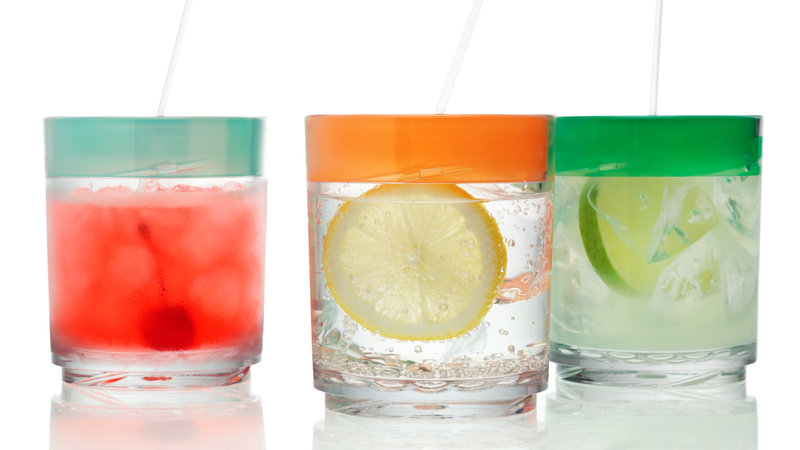
Beyond BPA: Court Battle Reveals a Shift in Debate over Plastic Safety
BPA-free isn't good enough anymore if you're trying to sell plastic sippy cups, water bottles and food containers.
The new standard may be "EA-free," which means free of not only BPA, short for bisphenol A, but also free of other chemicals that mimic the hormone estrogen.
At least that's the suggestion of a recent legal battle between a chemical company and an academic scientist with business interests in the plastics industry.
February 16, 2015 | Source: NPR | by Jon Hamilton
BPA-free isn't good enough anymore if you're trying to sell plastic sippy cups, water bottles and food containers.
The new standard may be "EA-free," which means free of not only BPA, short for bisphenol A, but also free of other chemicals that mimic the hormone estrogen.
At least that's the suggestion of a recent legal battle between a chemical company and an academic scientist with business interests in the plastics industry. The proceedings offer a glimpse of the struggle for the hearts and minds of consumers concerned about the safety of plastics.
The roots of the legal conflict go back to 2002, when Eastman Chemical began developing a new plastic called Tritan. It was designed to be "a tough, clear, high-temperature, chemically resistant and also dishwasher-resistant product," says Chris Killian, a vice president for specialty products at Eastman.
Tritan had another desirable quality: Unlike many plastics, it didn't contain BPA, a chemical that, in large doses, caused hormone-related health problems in animals.
The absence of BPA in Tritan was a fortunate accident, Killian says, one that gave the new plastic a big boost when Eastman began selling it in 2007.
By then, many consumers were avoiding products made with BPA. And the FDA was still trying to decide whether these products posed any health risk. The uncertainty surrounding BPA gave Tritan a big boost, Killian says.
"We certainly became aware of the growing interest from both the consumers and from some of our customers with respect to having a BPA-free alternative," he says. "But none of us could have predicted the magnitude of that interest."
Tritan became a hit. And that's when a scientist and businessman named George Bittner entered the picture.
Bittner is a professor of neuroscience at the University of Texas at Austin. Long before Tritan came along, he had concluded that BPA wasn't the only chemical in plastics that could act like estrogen.
"There are a couple of hundred or maybe a couple thousand other chemicals that are used to make some kinds of plastics that are almost certainly as much a problem as BPA," Bittner says.
